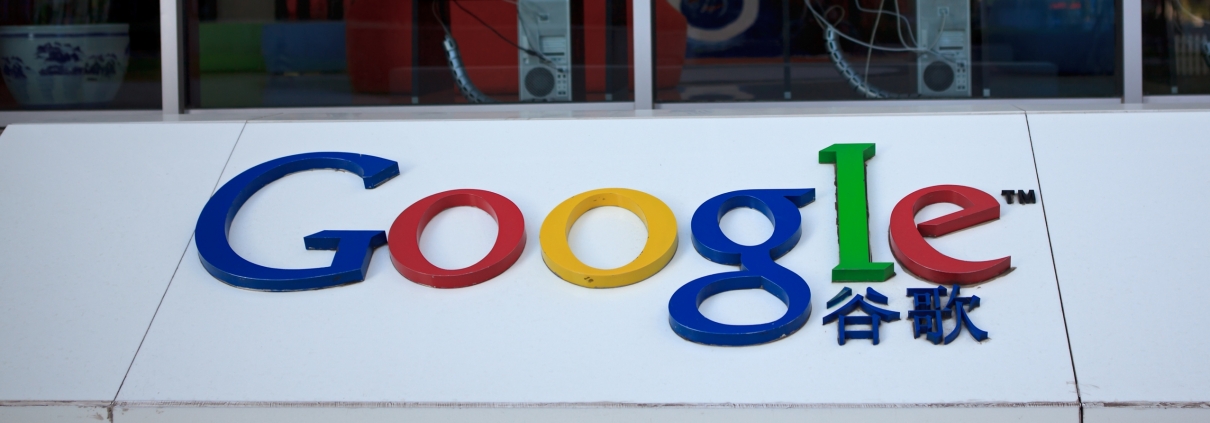Big Tech: Capitalism With Chinese Characteristics.
It is perfectly possible in the post-truth era for an institution to claim one set of principles, and to be perceived as adhering to them, when practicing an opposite set of principles.
The Chinese Communist Party (CCP) captures and implements this anomaly in the officially issued propaganda phrase Socialism With Chinese Characteristics. This stance permits the CCP to violate the most fundamental propositions of socialism and communism while asserting that their sole commitment is to advancing those fundamental propositions.
The most notable of these is private property ownership. While the first principle of socialism, and especially its communism variant, is the abolition of private ownership of the means of production, because this is deemed exploitative, Socialism With Chinese Characteristics not only permits it but embraces it with enthusiasm.
The CCP recognizes that their 100-year rule has not enabled prosperity for the Chinese population. They also consider private ownership to be non-socialist. But
according to party theorists the existence and growth of private ownership does not necessarily undermine socialism and promote capitalism in China.
Wikipedia: https://en.wikipedia.org/wiki/Socialism_with_Chinese_characteristics
In fact, if you really want to twist yourself in knots, Robert Tsu wrote:
Individual ownership is considered consistent with socialism since Marx wrote that post-capitalist society would entail the rebuilding of “associated social individual ownership”.
Robert Hsu Economic Theories In China CUP 1991
Socialism with Chinese Characteristics might actually be capitalism. Economist Zhang Weiying has written that entrepreneurship – a purely capitalist concept – drove Chinese economic growth.
The reason for China’s miracle has no fundamental difference from that of economic developments in Western developed countries……Once market forces are introduced and right incentives are set up for people to pursue wealth, the miracle of growth will follow soon or late.
What is the market economy? A simple formula is equal to free price plus entrepreneurship….Profit-pursuit and survival pressure drive entrepreneurs to organize enterprises efficiently, and to innovate new products, new production technologies, new business models and new organizations.
The Reallocation Of Entrepreneurial Talents and Economic Development In China, Weiying Zhang, Peking University
The Chinese Characteristics Of Big Tech
The most Chinese-like characteristic of Big Tech is, of course, social credit. Wikipedia defines China’s social credit system as a digital system for monitoring, evaluating and sanctioning citizens, and a standardized assessment of citizens’ and businesses’ economic and social reputation, or “Social Credit”, with tracking and and evaluating for trustworthiness. People face punishment for violating social protocols, including blacklisting from employment.
The term social credit scoring can just as easily be used as a descriptor of Big Tech’s methodology for deciding who and how people can use their services. And, as Wikipedia notes in making the comparison on their Social Credit System page, “Silicon Valley’s rules are getting stricter”.
Big Tech’s social credit system bears the same characteristics as China’s. A central organization collects behavioral data using new digital technologies with ever-expanding data collection and interconnection capabilities. The data is transformed into an individual “score” or profile – today these include number of followers on Twitter, 5-star ratings on Amazon.com, energy usage scores on internet-connected thermometers, the number of steps we take on our fitness apps, where we travel on GPS systems, how we sleep, all of our financial transactions, and many more.
Big Tech already decides who can and can’t be allowed to communicate on Twitter, and what we can communicate on Facebook, and what we can sell on amazon. They profess personalization – that they collect our individual data in order to provide us with individualized service. But if course, the data ownership is socialized. We don’t own our data, Google, Amazon and Facebook do. It’s no stretch to imagine their business models extending to social control. We already receive energy usage warnings on our smart thermostats; how long will it be before these devices are centrally controlled and individual violators are held up as global warming deniers?
Even Wired magazine, well-compensated cheerleaders for Silicon Valley, worries about Big Tech Merging With Big Brother.
The magazine adds social credit scoring worries to the second Chinese characteristic of Big Tech’s version of capitalism: the integration of ostensibly private capital and government capital into a merged entity. The same Wired magazine article cites projects such as Amazon Web Services (AWS) Secret Region, wherein Amazon is the sole provider of cloud services to the CIA across “the full range of data classifications, including Unclassified, Sensitive, Secret and Top Secret”. The NSA has a similar classified cloud computing environment
Microsoft has a secure version of its Azure Government cloud service tailored for the use of 17 US intelligence agencies. Google worked with the US intelligence and defense complex to integrate its AI capacities into drones and other weapons. The spy agencies guarantee the profits of Big Tech.
Wired Magazine’s conclusion:
It doesn’t take a particularly paranoid mind to imagine what future big-ticket collaborations between big-data companies and government surveillance agencies might look like, or to be frightened of where they might lead. “Our own information—from the everyday to the deeply personal—is being weaponized against us with military efficiency,” warned Apple chairman Tim Cook
https://www.wired.com/story/is-big-tech-merging-with-big-brother-kinda-looks-like-it/
Nike goes even further in the direction of Chinese characteristics; the CEO described Nike as a brand that is of China and for China.
Capitalism with American characteristics has raised the well-being of Americans and the citizens of the world to unprecedentedly high levels. We might not fare as well under capitalism with Chinese characteristics.

Leave a Reply
Want to join the discussion?Feel free to contribute!